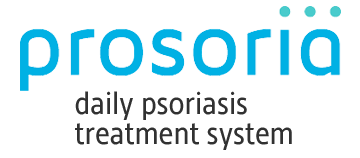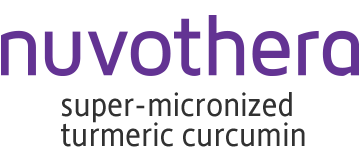What is Guttate Psoriasis?
06 Feb 19

About 8 million Americans have psoriasis in some form. That’s about 2 to 3 percent of the nation’s population, making it one of the most common skin conditions in the country, but it affects much more than the skin. It can have a serious impact on your overall health and quality of life. Psoriasis comes in a variety of forms, including guttate psoriasis. Read on to learn more about guttate psoriasis and potential treatment options.
Psoriasis and Guttate Psoriasis
Although psoriasis is most characterized by its effects on the skin, it is actually an immune-mediated disorder. The immune system mistakenly attacks healthy skin cells while also signaling for the production of new skin cells. This results in a speed up in skin cells’ natural lifecycle, causing layers of skin cells to rapidly grow in layers on top each other. This leads to the main characteristic of most forms of psoriasis: the appearance of plaques, which are patches of dry, scaling skin that may be itchy, red, and inflamed.
Guttate psoriasis is a particular form of psoriasis that mainly affects children and young adults. It is the second most common form of psoriasis next to plaque psoriasis. About 10 percent of all people with psoriasis are estimated to develop guttate psoriasis. Similar to other forms of psoriasis, guttate can appear in cycles where the skin will flare up for weeks or months before subsiding or even going into remission.
Symptoms of Guttate Psoriasis
The main symptom of guttate psoriasis is the lesions characteristic of other forms of psoriasis. However, guttate lesions tend to be smaller than those of plaque psoriasis. Guttate lesions appear as red, separated dots that can number in the hundreds. These can appear just about anywhere on the skin, but they are most common on the trunk and limbs. They may sometimes appear on the ears, face, and scalp. Lesions are usually covered in a fine scale, but they are not as thick as lesions that form from plaque psoriasis.
Guttate psoriasis can also coexist with other forms of psoriasis. Guttate can also come as a single outbreak that goes away on its own, or you may have repeated episodes.
Guttate Psoriasis Causes and Triggers
Psoriasis is caused by a malfunctioning immune system, but what actually causes guttate psoriasis and the immune system to attack healthy skin cells still is not known. Research does suggest that psoriasis is linked to genetics. If one of your parents has psoriasis, you have a 10 percent chance of developing psoriasis. If both parents have psoriasis, that chance jumps to 50 percent.
It’s understood that psoriasis flare ups can be caused by specific triggers. These triggers can vary from person to person, but guttate psoriasis has a specific, well-known trigger: bacterial infections. Specifically, strep throat is known to trigger an immune system reaction that may result in a guttate psoriasis flare up.
Other common triggers for guttate psoriasis include:
- General upper respiratory infections
- Tonsillitis
- Stress
- Physical injuries to the skin
- Antimalarials, beta blockers, and other prescription drugs
Guttate Psoriasis Treatment
Most outbreaks of guttate psoriasis will last around two to three weeks before going away on their own. However, based on your own discomfort and the potential presence of an underlying strep infection, your doctor will likely want to treat symptoms.
Topical treatments tend to be the preferred mode of treatment for guttate psoriasis. These can include:
- Lotions or creams containing coal tar
- Cortisone cream to control swelling and itching
- General moisturizers
However, applying topical creams to numerous small lesions can be tedious. For more moderate forms of guttate psoriasis, your doctor may suggest phototherapy, which involves exposing your skin to controlled amounts of ultraviolet light for set periods of time. The UV light can help to slow down the growth of excess skin cells. Your doctor may also prescribe the use of systemic medication, which refers to drugs that are either injected or orally administered. A short course of systemic drugs can quickly clear up guttate psoriasis for long periods of time. However, most systemics also come with side effects, which is why these medications should only be used for short periods and only for severe cases that are unresponsive to other forms of treatment.
You deserve to take control of your own skin. Consult your doctor if you think you may have guttate psoriasis to receive treatment.
Sources:
- https://www.psoriasis.org/content/statistics
- https://www.psoriasis.org/about-psoriasis
- https://www.mayoclinic.org/diseases-conditions/psoriasis/symptoms-causes/syc-20355840
- https://www.webmd.com/skin-problems-and-treatments/psoriasis/guttate-psoriasis#1

